Why Register?
- List Your Business
- Business Matchmaking
- WhatsApp Chat
- Personal Messaging
- Showcase Your Products
Product Pictures
Woven Wire Mesh by MESHCAPE TRADING has been involved in the South African market since 1905. All materials are woven from wire as thick as 1,6 diameter down to those finer than a human hair of 0,016 diameter.
Steel:
Spring Steel, Bright and Galvanised Mild Steels.
Stainless Steel: Chromium Steel, Nickel Chromium Steel, Nickel Chromium Molybdenum Steel, Heat Resisting Steel.
Non-Ferrous Metal:
Aluminium, Nickel, MONEL-Metal, Phosphor Bronze, Brass, Copper.
Special Materials:
Titanium, Hastelloy and many others.
The more popular wire and woven wire meshes are kept in stock for use whilst the more exotic would be ordered and manufactured for specific customer requirements.
State-of-the-art equipment and a team of qualified experts manufacture wire screens, wire mesh and wire mesh products suitable for all applications.
Standard rolls, roll sections, sheets with fixed dimensions, hooked screens, strips, discs, fabricated parts, filter candles discs, cones, plates, round sieves, extruder screens and many others are manufactured by the following process:
Cutting, cutting into lengths, bending, stretching, cleaning, plasma welding, welding, soldering, punching, stamping, compressing, forming, and many others.
Whether in large quantities or small we will supply you with what you require.
In addition to our complete range of Woven Wire Screening we offer Dewco (Sweco) machines and spares, expanded metal, perforated materials, Vee (wedge) wire, Welded Mesh and Wire Conveyor Belts to compliment our supply to the individual markets.
ADVANTAGES:
Long Life:
Correctly selected polyurethane's can have a long life when screening most materials. In addition it is immune to most corrosive materials.
Improved Screening Efficiency:
At ambient temperatures polyurethane's exhibit the characteristic elasticity of rubber. It is the property that allows the aggregate being screened more 'bounce' thereby presenting tit to the apertures more frequently. This phenomem fulfills both laws governing the theory of screening.
Minimise Downtime:
The long life time described above reduces the frequency of unscheduled stoppages due to the screening surface failure.
Noise Reduction:
Polyurethane's, due to their rubber like characteristics, absorb feed energy impact and reduce noise levels from between five and eight decibels.
High Initial Cost:
Polyurethane's used for screening surfaces have tensile strengths from 20 to 50 MPa. This necessitates an increase in cross sectional area in the construction of polyurethane screening media. In addition, polyurethane's used in the manufacture of screening surfaces are nor suitable for large unsupported areas. The addition of steel support frames is therefore normally required either internally or externally or a combination of both. Polyurethane's are manufactured from high cost materials when compared with 'Vibro' spring steel and this, combined with he additional materials described above, places the initial cost of installing polyurethane at least five times greater than the equivalent 'Vibro' screen cloth.
Open Area: Due to the increase in cross sectional area described above, the resultant number of apertures for any given length, when compared to woven wire screencloths, is reduced.
Aggregate Sizing: The high cost of polyurethane screening surfaces can restrict the range and versatility of screening normally available by changing woven wire screencloths on vibrating machines.
Operating Temperature Range:
Polyurethane's are designed to operate at ambient temperatures, this is due to the chemical chain that makes the resultant material, in general most polyurethane's will operate up to 800C before undergoing a structural change in their chemical make-up. This change normally results in a major deterioration in the quality of the polyurethane.
If an application exists where ambient will be exceeded, careful consideration should be given to the type of polyurethane used.
Note: Due consideration should be given to the basic laws governing screening and screening efficiency when deciding to change from woven wire screens to polyurethane screening surfaces.
It has been shown in most cases that screening efficiency is reduced by up to 30 %, resulting in lower throughput and higher recirculation loads.
The end result is higher maintenance costs for lower throughput and the need to run the Plant for additional hours to process the required tonnages, resulting in an unacceptably high cost per tonne. Whilst the actual cost for the screening surface is reduced, this reduction does not in any way compensate for the additional costs incurred




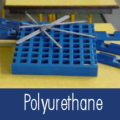
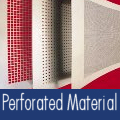
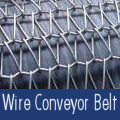
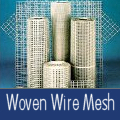
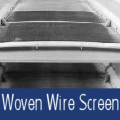
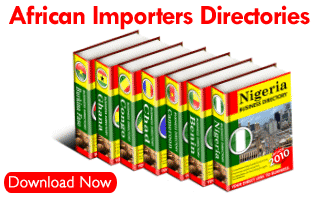




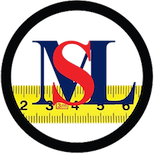
.png)













